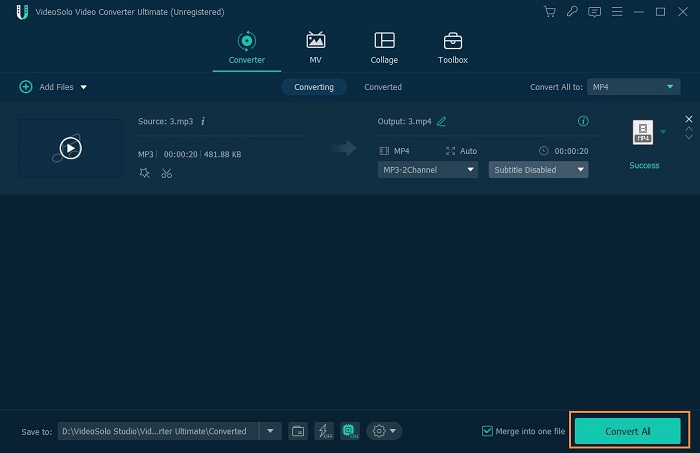
#Go to converter code#
As an example, all relevant code samples from the " Tour of Go" have been converted to C#, see converted code. Sets of common Go sample code have been manually converted to C# using the current C# Go Library. Iterating through each of these simple use cases improves overall automated code conversion quality. NET 5.0 and C# 9.0.Ĭurrently, work to improve code conversions is progressing by walking through each of the behavioral testing projects. Recent ActivityĬonverted code now targets. A manually created file that implements the partial method can now be added that will exist along side the auto-converted files and not be overwritten during conversion. For example, the builtin Go library functions will always require some special attention since many of its features are implemented outside normal Go code, such as with assembly routines.Ī strategy to automate conversion of native system calls in Go code, i.e., a function declaration without a body that provides a signature for a native external function, is to create a partial method in C# for the native call. As the project progresses, there will be a merger of automatically converted code and manually converted code. Note that go2cs simple conversions currently depend on a small subset of the Go source library, src/gocore, that was manually converted. This log should help lay out a road map of remaining tasks. Not all converted standard library code will compile yet in C# yet - work remaining to properly parse and convert all Go source library files, with its many use cases and edge cases, can be inferred by examining the warnings in the build log for this initial conversion.

#Go to converter full#
These conversion successes are notable milestones in that they represent full successful conversions of the entire Go source library using the ANTLR4 Golang grammar without failing. Project Status Automated Code Conversion of Go Standard LibraryĪ few initial conversions of the full Go source code have been completed, you can find the latest results in the repo: Even so, the philosophy is to always attempt to use managed code, i.e., not to lean towards native code libraries, regardless of possible performance implications.

If there is no possible way for managed code to accomplish a specific task, an option always exists to create a native interop library that works on multiple platforms, i.e., importing code from a. Conversion always tries to target managed code, this way code is more portable.In many cases it may also be possible to successfully compare "outputs" of both unit tests as an additional validation test. For most unit tests defined in Go, it should be possible to create an equivalent converted C# unit test.Convert Go units test to C# and verify results are the same (TBD).As such, converted C# code will have more visible code than Go for equivalent functionality, however much of this code will be behind the scenes in separate files using partial class functionality. As Go is a minimalist language, it provides high-level functionality provided by the compiler, often much more than C# does. C# conversions attempt to make code visually similar to original Go code to make it easier to identity corresponding functionality.Instead conversions make things operate the way they do in Go, e.g., simply running a function on the current thread or running it in on the thread pool when using a goroutine. This means, for now, leaving out things like code conversions into async functions. Code conversions focus first on making sure C# code runs as behaviorally similar to Go code as possible.Convert Go code into behaviorally and visually similar C# code - see conversion strategies.Convert Go code into C# so that Go code can be directly used within.NET 5.0 and supports publishing as a self-contained executable. Recent example usages of go2cs allow the use of Golang as the scripting language for the Unity and Godot game engine platforms.

Converts source code developed using the Go programming language (see Go Language Specification) to the C# programming language (see C# Language Specification).


 0 kommentar(er)
0 kommentar(er)
